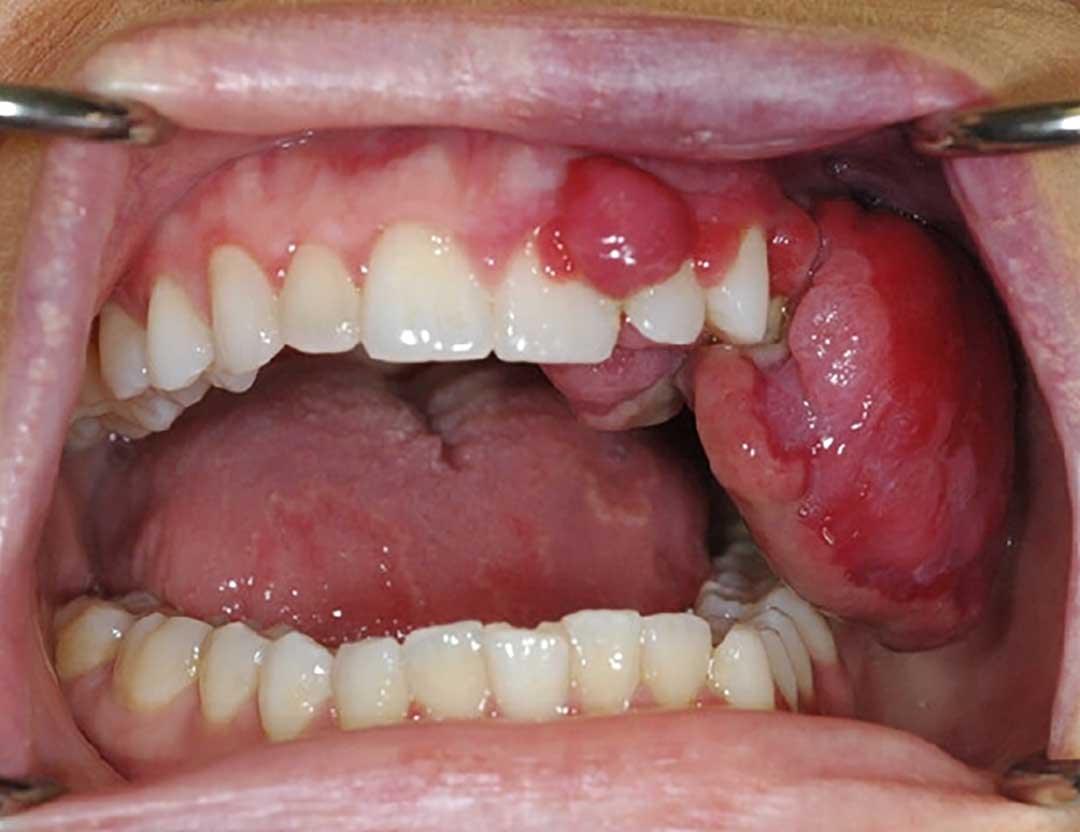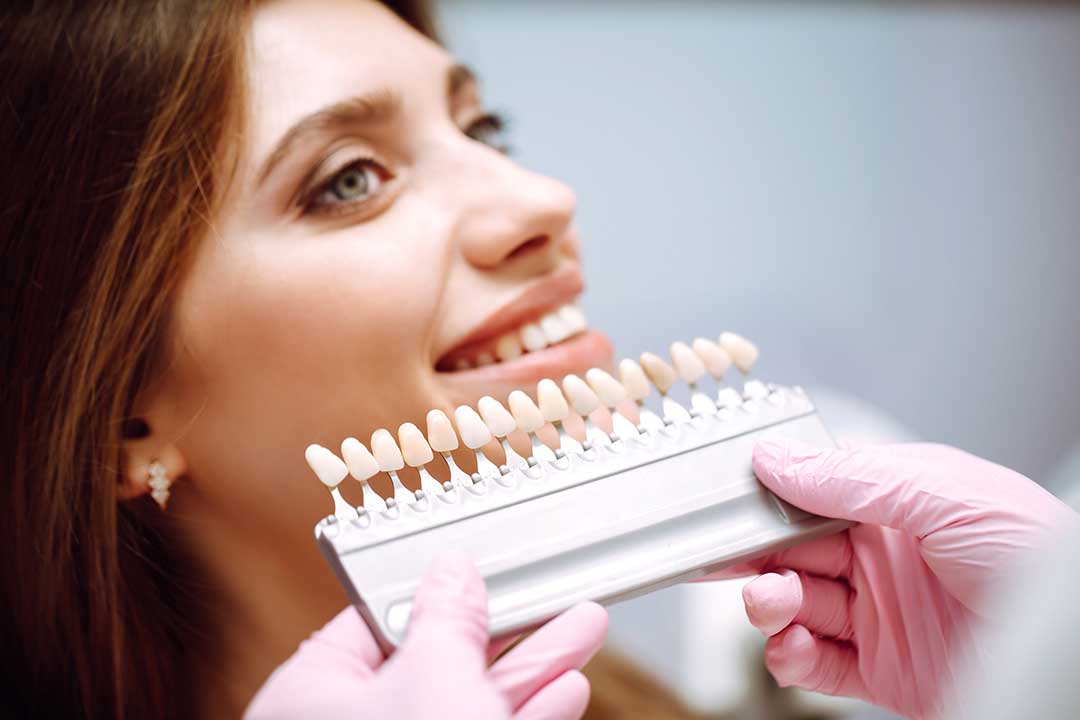Pregnancy brings many changes to a woman’s body, and oral health is no exception. Shifts in hormones, dietary habits, and oral hygiene routines can all impact the health of an expectant mom’s teeth and gums.
The American Dental Association (ADA), American College of Obstetricians and Gynecologists (ACOG), and the American Academy of Pediatrics (AAP) say that maintaining oral health during pregnancy is crucial not only for the mother’s overall well-being but also for the health of the developing baby.
Why Oral Health Matters During Pregnancy
Pregnancy-related hormonal changes can make gums more susceptible to inflammation, known as pregnancy gingivitis, and can contribute to increased risks for cavities, infections, and even more severe periodontal diseases. Research suggests that untreated periodontal disease in mothers can affect the developing baby, with some studies linking gum disease to preterm birth and low birth weight.
Common Oral Health Issues During Pregnancy

Pregancy tumor | Photo credit: Wiley Online Library
Safe Dental Care During Pregnancy
Contrary to common misconceptions, routine dental care is safe and recommended during pregnancy. The ADA, ACOG, and AAP emphasize the importance of maintaining oral health throughout pregnancy and outline specific guidelines to ensure the safety of dental treatments.
Oral Health Tips for Pregnant Women
Maintaining good oral hygiene during pregnancy is essential for both mother and baby. Here are some tips for ensuring optimal oral health throughout pregnancy:
Brush and floss regularly
Brush twice a day with fluoride toothpaste and flossing once daily. These practices help prevent gum disease and control plaque build-up, which reduces the likelihood of cavities and gingivitis.
Eat a balanced diet
The ADA recommends that expecting mothers focus on key nutrients to support their oral health and their baby’s development. Foods rich in vitamin C, like strawberries, oranges, and kiwi, help strengthen the immune system and gums. Beta-carotene sources, such as sweet potatoes and carrots, convert to vitamin A, promoting mouth health. Omega-3s from nuts, seeds, and fish help regulate inflammation, while calcium-rich foods like dairy, broccoli, and kale are essential for developing strong teeth and bones. Vitamin D, found in salmon, fortified milk, and cereals, also supports bone and tooth development.
Rinse your mouth after vomiting
If you experience morning sickness, gently rinse your mouth with water or a baking soda solution (1 teaspoon of baking soda in a cup of water) to neutralize stomach acid. Wait at least 30 minutes before brushing your teeth to avoid damaging your enamel.
Avoid sugary and acidic foods
Reducing sugar intake and avoiding acidic foods and drinks can help prevent cavities and protect enamel. Sugary snacks should be limited, and acidic drinks like soda and fruit juices should be avoided or followed by rinsing with water.
Visit the dentist Regularly
Schedule a dental visit early in your pregnancy, ideally within the first trimester, and follow up as needed. Regular cleanings and exams can prevent and manage oral health issues before they become more severe.
Pregnancy is a time of profound change, and taking care of your oral health is an essential part of a healthy pregnancy journey. If you’re new to Dubai or are seeking a new dental home for you and your family, please give Drs. Nicolas & Asp Centers a call at 04 394 7777.


